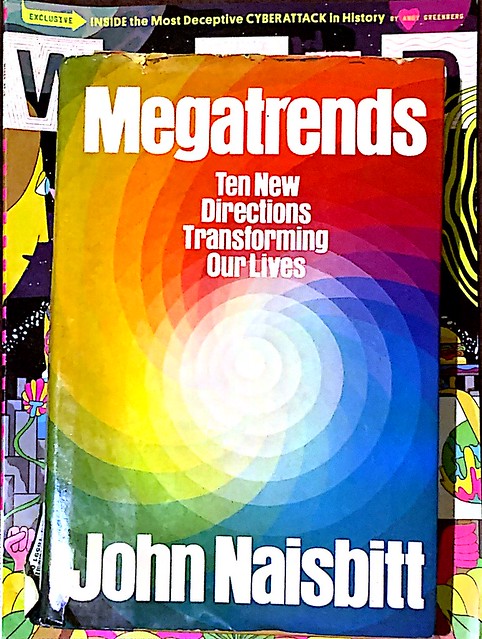Why Epic isn’t an innocent victim in the Fortnite battle with Apple, and why it deserves a loss today – BGR – interesting argument that goes against the popular media narrative. I wonder why Epic haven’t gone after console makers as well? Not all gamers might get the fact that Epic has created this crisis fully knowing it would breach the contract, fully knowing what Apple’s responses could be, and full knowing that Apple will call its bluff. That’s why it had all those lawsuits on hand and the viral commercial. Whether it expected Apple to go for the nuclear option, that’s debatable, but the same email chain above proves that Apple’s response was swift. From the moment Epic released the update, Apple let the company know that it’s risking losing access to its developer tools, which can hinder app development for games based on the Unreal engine that Epic licenses to other game makers. The same response also details another dishonest behavior from Epic that shouldn’t be ignored. Epic took advantage of Apple’s developer tools to quietly push an update to the App Store that turned on an IAP payment functionality that Apple would never approve. Epic has been cheating, and that’s a company that’s supposedly working for other developers. That’s a company that other developers should trust when dealing with a hypothetical Epic App Store inside the App Store that would be governed by Epic’s own rules
Vietnamese tech firm sues TikTok, alleging copyright infringement – Reuters – VNG are a highly creative outfit. They do great games, their messenger platform has done well despite Vietnam allowing access to WhatsApp and Facebook. They had some challenges over IP over five years ago and have since built up their own stable of recording artists
Chinese-Made Smartphones Are Secretly Stealing Money From People Around The World – how cheap Chinese smartphones take advantage of the world’s poorest people. Current security concerns about Chinese apps and hardware have largely focused on potential back doors in Huawei’s 5G equipment. More recently, people have focused on how user data collected by TikTok could be abused by the company and the Chinese government. But an overlooked and ongoing threat is the consistent presence of malware on cheap smartphones from Chinese manufacturers and how it exacts a digital tax on people with low incomes
Why are prices so damn high by Eric Hellend – health, education and the Baumol cost disease
Jack Ma’s Ant Group Produces $3.5 Billion Profit in Six Months as IPO Looms – WSJ – one thing to remember is how Ma unilaterally bilked Yahoo! shareholders out of Ant Financial when Carole Bartz was CEO. Probably not a good investment for a foreigner in China
‘The new definition of luxury’: Highsnobiety unpacks how the landscape of high-end fashion has tilted toward accessibility – Digiday – Carvalho said that through the recent research Highsnobiety performed, his team has learned that younger shoppers don’t care about exclusivity in luxury like previous generations did. Instead, they want accessibility. And for the most part, the designer brands that have successfully attracted a younger audience no longer have closed shop doors that only allow in certain clientele. “Accessibility doesn’t mean that every consumer will have the means to purchase a product, but the doors are open for them,” he said. “The hope is that down the line” this 16- or 17-year-old will become a paying customer of the brand.” More luxury segment content and analysis here
Frasers Group announces deal for DW Sports | RTE – buying into gyms and fitness studio business
First, private equity holds us to ransom. Now it wants us to bail out its losses | Private equity | The Guardian – Its excessive debts, once the route to fortunes and, it would say, “business discipline”, are crushing it. On top, the commercial property market no longer looks a one-way bet. It wants its vast mortgage debt guaranteed by the government, even though the interest charges drive the underlying companies into operating losses – but this has been apparent way before COVID. Private equity in these sectors has been like an unpleasant game of pass the parcel
Chick-Fil-A Fires Employee for a Menu Hack Video That Went Viral on TikTok | Inc.com – the article points out the various different reasons why Chck-Fil-A is wrong. I get it, the challenge for businesses like this are:
- The businesses provide a consistent experience – like McDonalds that’s their thing. This means very hierarchical structures.
- Finally restaurants tend to make money on controlling the margins tightly, doing the right thing here would be going against pretty much every trait that makes them successful all of the time
Imagination in China lab RISC-V deal | EETimes Europe – RISC-V is often overlooked as a platform but is has great potential
